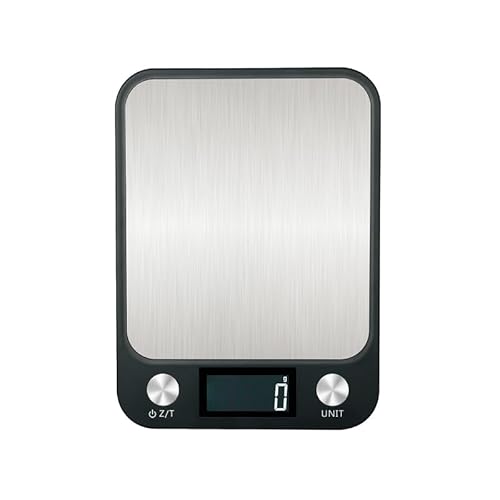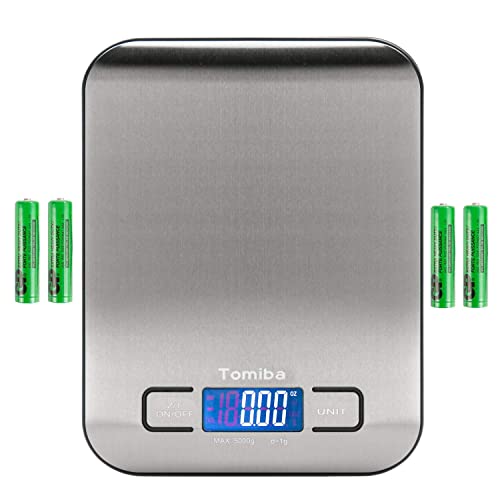I know that a kilogram is a little over two pounds. But I can’t really switch back and forth. My molds hold 1550 grams of batter. I know what that looks like and feels like and it’s about 3.4 pounds (just looked that up) but I’m not very good at switching back and forth. Just like I am not good at thinking about temperature in Celsius. Although… come to think of it I use Celsius when I’m adding preservatives. 
@Shelley D I think I follow, but does your scale only measure in whole ounces? Then I would definitely use grams. Well, I do anyway.
@Shelley D I think I follow, but does your scale only measure in whole ounces? Then I would definitely use grams. Well, I do anyway.









































